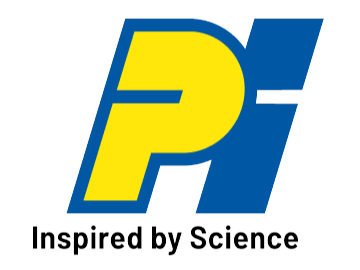Materiality and Risk for Sustainable Success
Building a Resilient Future
At Pl Industries, understanding what matters most drives our strategy. Through comprehensive materiality assessments and a robust risk management framework, we proactively address challenges, align with global standards, and create sustainable value for all stakeholders.
Materiality Assessment
Identifying What Drives Sustainable Growth
Materiality assessment is at the heart of our ESG strategy, helping us prioritize issues that are critical to our operations and stakeholders. By aligning with global frameworks like the Global Reporting Initiative (GRI) and Sustainable Development Goals (SDGs), we ensure our focus remains relevant and impactful.
Highlights
- FY23: Comprehensive Materiality Assessment, Powered by Stakeholder Input.
- Developed a 22-topic materiality questionnaire, categorized into Environmental, Social, Governance, and Economic dimensions.
Key Focus Areas
- High Priority- Climate change, water and waste management, employee health, governance, and biodiversity.
- Medium Priority- Economic inclusion, soil health, and community support initiatives.
- FY23: Comprehensive Materiality Assessment, Powered by Stakeholder Input.
- Developed a 22-topic materiality questionnaire, categorized into Environmental, Social, Governance, and Economic dimensions.
- High Priority- Climate change, water and waste management, employee health, governance, and biodiversity.
- Medium Priority- Economic inclusion, soil health, and community support initiatives.
Key Material Topics
Our materiality assessment reflects the evolving priorities of our business and stakeholders, ensuring that our strategy addresses the most pressing challenges and opportunities. Key topics identified in FY23 include:
Water and Waste Management
Zero liquid discharge facilities and advanced recycling systems.
Employee Health and Safety
Occupational health programs and proactive risk mitigation.
Biodiversity
Reforestation and conservation projects around plant locations.

Climate Change
Emission reduction, energy efficiency, and renewable energy adoption.

Water and Waste Management
Zero liquid discharge facilities and advanced recycling systems.

Employee Health and Safety
Occupational health programs and proactive risk mitigation.

Biodiversity
Reforestation and conservation projects around plant locations.
Risk Management Framework
Our robust Risk Management Framework ensures resilience in a rapidly changing landscape. By integrating ESG risks into business continuity plans, we safeguard operational stability, financial security, and brand reputation.
